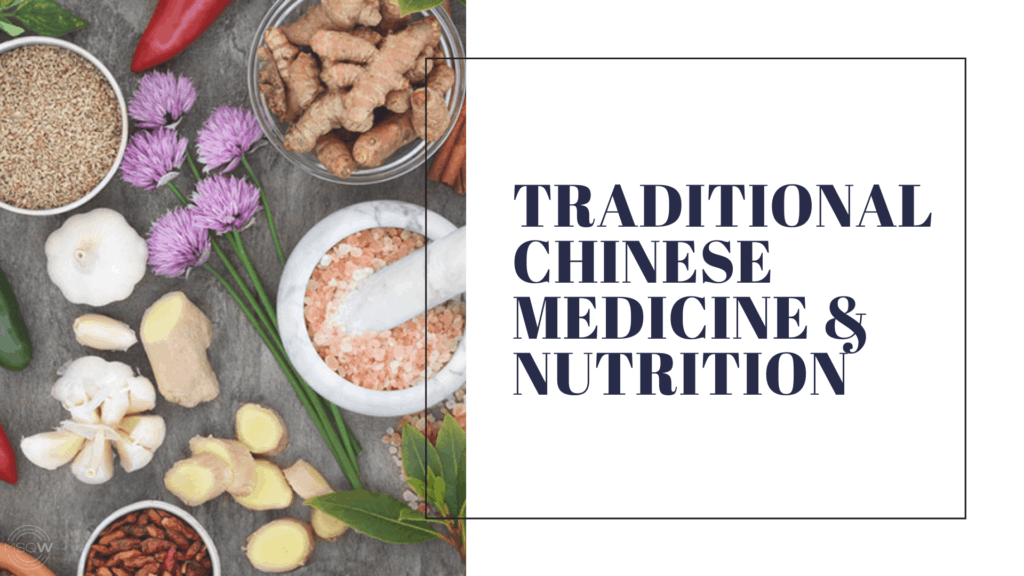Traditional Chinese Medicine (TCM) is a system of maintaining health and treating disease, a practice that has evolved over thousands of years in Asia. At the heart of Traditional Chinese Medicine is the restoration of the body’s proper “qi,” or energy forces, which help to maintain health throughout the physical system. Each of TCM’s branches represents a component toward a long and healthy life.
- Acupuncture
- Herbal Medicine
- Qi Gong
- Massage (Tui na/cupping/bodywork)
- Meditation (Self-Cultivation)
- Nutrition (Food Energetics)
The branches work independently, yet all are essential. Perhaps the most accessible branch is nutrition. The proper balance of warming and cooling forces in the body can be achieved through several methods. The use of “hot” and “cool” foods is an integral part of this healing method. Each branch of Chinese medicine is prescribed to the patient based on the patient’s personal composition. There is a saying in Chinese Medicine: Same disease, different treatment. Different disease, same treatment.
Meaning two patients both suffering from headaches might have drastically different treatment plans because the cause of their headaches is due to different causes. Alternatively, two patients with different diseases might receive the same treatment.

NUTRITION / FOOD ENERGETICS
While the United State’s Food and Drug Administration continues to alter its Food Guide Pyramid, the rules for nutrition in Traditional Chinee Medicine have stayed the same for thousands of years. It is one of the most important TCM concepts to understand and covers a wide range of topics including, but not limited to, yin/yang, temperature, rhythm, moisture, seasonal, and doctrine of signature. But to simplify, we can narrow the theory to:
- Eat foods appropriate for your body.
- Everything in moderation.
PRESCRIPTIVE NUTRITION
According to TCM, nutrition choices should be made based on two factors:
(1) Your Constitution – Eat foods that balance your natural tendency. For example, a hot type should avoid spicy foods. A damp type should avoid moistening foods such as dairy.
(2) The Season – Use food to acclimate your body to the appropriate season. Very cold foods, such as ice cream, should be avoided in winter. The opposite is true in summer.
EVERYTHING IN MODERATION
Each food can be described by flavor and inherent thermal qualities (or temperature). The combination of those two characteristics determines what effect a food will have on your system.
6 FLAVORS
Acrid/pungent (Lung/Metal element)
Bitter (Heart/Fire element)
Sweet (Spleen/Earth element)
Sour (Liver/Wood element)
Salty (Kidney/Water element)
Bland
3 TEMPERATURES
Hot
Neutral
Cold

DETERMINING YOUR CONSTITUTION:
Everyday Madison Square Wellness’ licensed acupuncturists are able to determine a patient’s constitution and decide whether they should focus on warming the body or cooling the body in order to provide the proper care through the practice of acupuncture.
For any questions determining your constitution and to make an appointment with an acupuncturist, give us a call (212) 696-9355 or shoot us an email, [email protected].



